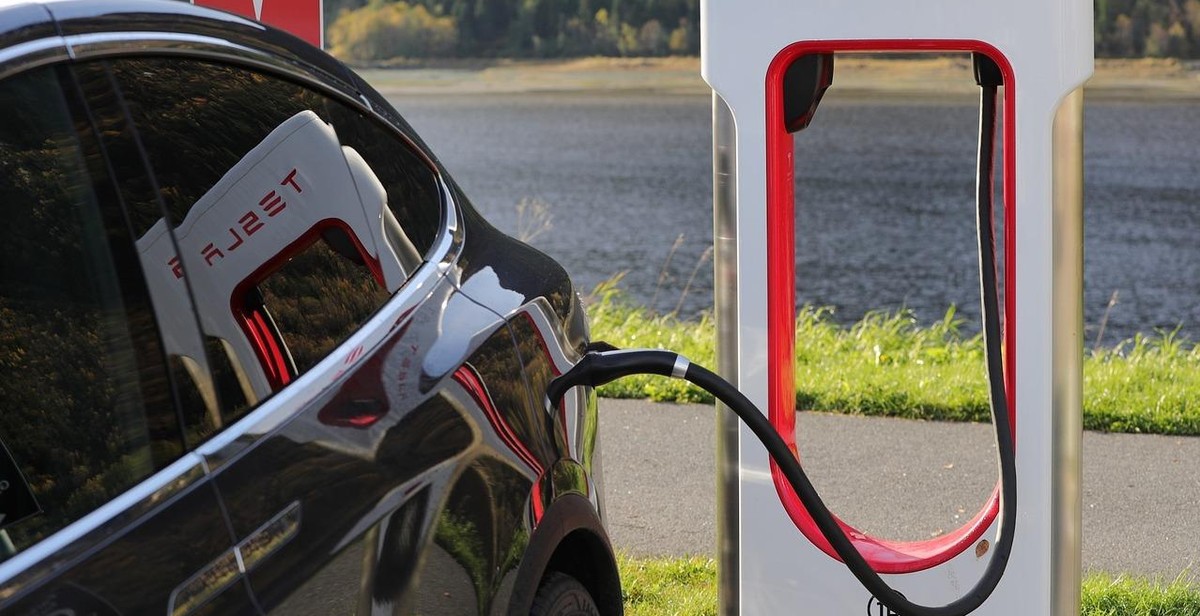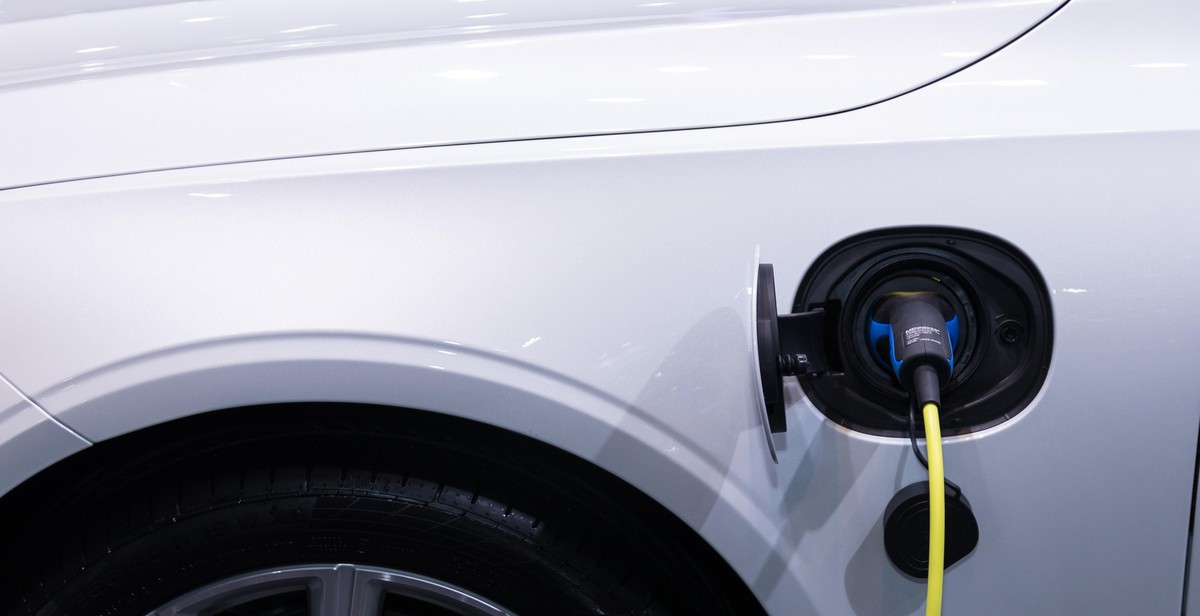How to Optimize Charging Efficiency for Electric Vehicles
If you own an electric vehicle, you understand the importance of charging efficiency. Charging efficiency refers to the rate at which your electric vehicle charges and how much energy it consumes during the process. It is a crucial aspect of owning an electric vehicle as it directly affects the range and performance of your car.
What is Charging Efficiency?
Charging efficiency is the amount of energy that gets stored in your electric vehicle’s battery compared to the amount of energy that is drawn from the charging station. It is measured in kilowatt-hours (kWh) and is expressed as a percentage. A high charging efficiency means that your electric vehicle will charge quickly and consume less energy during the charging process.
Why is Charging Efficiency Important for Electric Vehicles?
Charging efficiency is important for electric vehicles because it directly affects the range and performance of your car. A low charging efficiency can result in a shorter range and longer charging times, which can be inconvenient for drivers. Additionally, a low charging efficiency can result in higher charging costs and increased wear on your electric vehicle’s battery.
Optimizing charging efficiency is essential to ensure that your electric vehicle performs at its best and provides you with a smooth and reliable driving experience. In the following sections, we will explore some tips and tricks to help you optimize charging efficiency for your electric vehicle.

Factors Affecting Charging Efficiency
Electric vehicle charging efficiency is influenced by several factors, including battery temperature, charging rate, charging method, and charging infrastructure. Understanding these factors is crucial for electric vehicle owners to optimize their charging experience and ensure their battery’s longevity.
Battery Temperature
The temperature of the battery plays a significant role in charging efficiency. High temperatures can increase the rate of chemical reactions inside the battery, resulting in faster charging times. However, prolonged exposure to high temperatures can damage the battery’s cells, reducing its overall lifespan.
On the other hand, low temperatures can slow down the charging process, as the chemical reactions inside the battery slow down. Therefore, it is essential to keep the battery temperature within the optimal range for efficient charging. Most electric vehicles have a built-in battery management system that monitors and regulates the battery temperature during charging.
Charging Rate
The charging rate is another critical factor that affects charging efficiency. The charging rate is the amount of power delivered to the battery during charging, and it is measured in kilowatts (kW). Higher charging rates can charge the battery faster, but they can also generate more heat, which can damage the battery if not managed correctly.
Most electric vehicles have a maximum charging rate that varies depending on the vehicle’s battery size and charging capabilities. It is essential to choose a charging station that matches the vehicle’s charging rate to optimize charging efficiency.
Charging Method
The charging method is another factor that affects charging efficiency. There are three main types of charging methods: Level 1, Level 2, and DC fast charging. Level 1 charging uses a standard household outlet and delivers power at a rate of 1.4 kW. Level 2 charging uses a dedicated charging station and delivers power at a rate of 6-7 kW. DC fast charging uses a high-powered charging station and delivers power at a rate of 50-350 kW.
DC fast charging is the fastest charging method, but it can generate a significant amount of heat, which can damage the battery if not managed correctly. Level 1 charging is the slowest charging method, but it is also the safest and most widely available. Level 2 charging is a good compromise between speed and safety and is suitable for most electric vehicle owners.
Charging Infrastructure
The charging infrastructure is another critical factor that affects charging efficiency. The availability and accessibility of charging stations can significantly impact the charging experience. A well-developed charging infrastructure can provide electric vehicle owners with more options and flexibility when it comes to charging their vehicles.
Furthermore, the charging infrastructure’s reliability and maintenance are essential to ensure that charging stations are always operational and ready for use. A malfunctioning charging station can significantly impact the charging experience and reduce charging efficiency.
| Factor | Effect on Charging Efficiency |
|---|---|
| Battery Temperature | High temperatures can increase charging speed, but prolonged exposure can damage the battery. Low temperatures can slow down charging. |
| Charging Rate | Higher charging rates can charge the battery faster, but they can generate more heat, which can damage the battery if not managed correctly. |
| Charging Method | DC fast charging is the fastest method, but it can generate a significant amount of heat. Level 1 charging is the slowest method, but it is also the safest and most widely available. Level 2 charging is a good compromise between speed and safety. |
| Charging Infrastructure | A well-developed and reliable charging infrastructure can provide electric vehicle owners with more options and flexibility when it comes to charging their vehicles. |

Tips to Optimize Charging Efficiency
Electric vehicles (EVs) are rapidly becoming popular due to their eco-friendliness and cost-effectiveness. However, charging an EV can be a time-consuming process. To make the most of your EV’s battery life, here are some tips to optimize charging efficiency:
Plan Your Trips
Planning your trips ahead of time can help you optimize your EV’s charging efficiency. By knowing the distance you need to travel and the charging stations available in your route, you can avoid running out of battery power and reduce the time spent charging. You can use online resources like PlugShare, ChargePoint, and EVgo to find charging stations along your route.
Monitor Battery Temperature
Monitoring your EV’s battery temperature can help you optimize charging efficiency. Extreme temperatures can affect the battery’s performance and reduce its lifespan. It is recommended to avoid charging your EV in extreme temperatures, such as during hot summer days or freezing winter nights. You can use your EV’s built-in temperature monitoring system or a third-party app to monitor the battery’s temperature.
Choose the Right Charging Station
Choosing the right charging station can help you optimize charging efficiency. There are different types of charging stations available, ranging from Level 1 (120 volts) to Level 3 (480 volts). Level 1 charging is the slowest, while Level 3 charging is the fastest. However, Level 3 charging is only available in some areas and can be expensive. If you have time, it is recommended to use Level 2 charging stations as they are widely available and offer a good balance between charging speed and cost.
Use Smart Charging Options
Using smart charging options can help you optimize charging efficiency. Some EVs have built-in smart charging options that allow you to schedule charging during off-peak hours when electricity rates are lower. You can also use a smart charging app to monitor your EV’s charging status and receive notifications when the battery is fully charged.
Maintain Your Vehicle’s Battery
Maintaining your EV’s battery can help you optimize charging efficiency. Regularly checking the battery’s health and cleaning the charging port can prevent charging issues and prolong the battery’s lifespan. It is recommended to have your EV’s battery checked by a professional at least once a year.
| Tips | Description |
|---|---|
| Plan Your Trips | Plan your trips ahead of time and find charging stations along your route. |
| Monitor Battery Temperature | Monitor your EV’s battery temperature and avoid charging in extreme temperatures. |
| Choose the Right Charging Station | Choose the right charging station based on your EV’s charging specifications. |
| Use Smart Charging Options | Use smart charging options to schedule charging during off-peak hours and monitor your EV’s charging status. |
| Maintain Your Vehicle’s Battery | Maintain your EV’s battery by regularly checking its health and cleaning the charging port. |
By following these tips, you can optimize your EV’s charging efficiency and make the most of your battery’s lifespan.

Conclusion
Optimizing charging efficiency for electric vehicles is crucial for the growth and sustainability of the EV industry. By following the tips and techniques outlined in this article, EV owners can maximize the efficiency of their charging process, reduce charging times, and save money on electricity bills.
Key Takeaways
- Investing in a Level 2 charger can significantly reduce charging times and increase efficiency.
- Monitoring and managing charging times can help prevent overcharging and reduce energy waste.
- Using smart charging technology and renewable energy sources can further optimize charging efficiency and reduce carbon footprint.
The Future of EV Charging
As the demand for electric vehicles continues to grow, so does the need for efficient and sustainable charging solutions. The development of faster and more advanced charging technology, such as wireless charging and ultra-fast charging, will further enhance the convenience and practicality of EV ownership.
Additionally, the integration of EV charging infrastructure with smart grid systems will enable more efficient and cost-effective energy management, benefiting both EV owners and the electric grid as a whole.
| Advantages | Description |
|---|---|
| Reduced Charging Times | Faster charging times mean less time spent waiting for a full charge and more time on the road. |
| Lower Electricity Bills | Efficient charging methods can reduce energy waste and save money on electricity bills. |
| Increased Battery Life | Proper charging techniques can help extend the lifespan of EV batteries, reducing the need for replacements. |
| Reduced Carbon Footprint | Using renewable energy sources and optimizing charging efficiency can significantly reduce the environmental impact of EVs. |
Overall, optimizing charging efficiency is a vital step towards the widespread adoption of electric vehicles and a more sustainable future.
